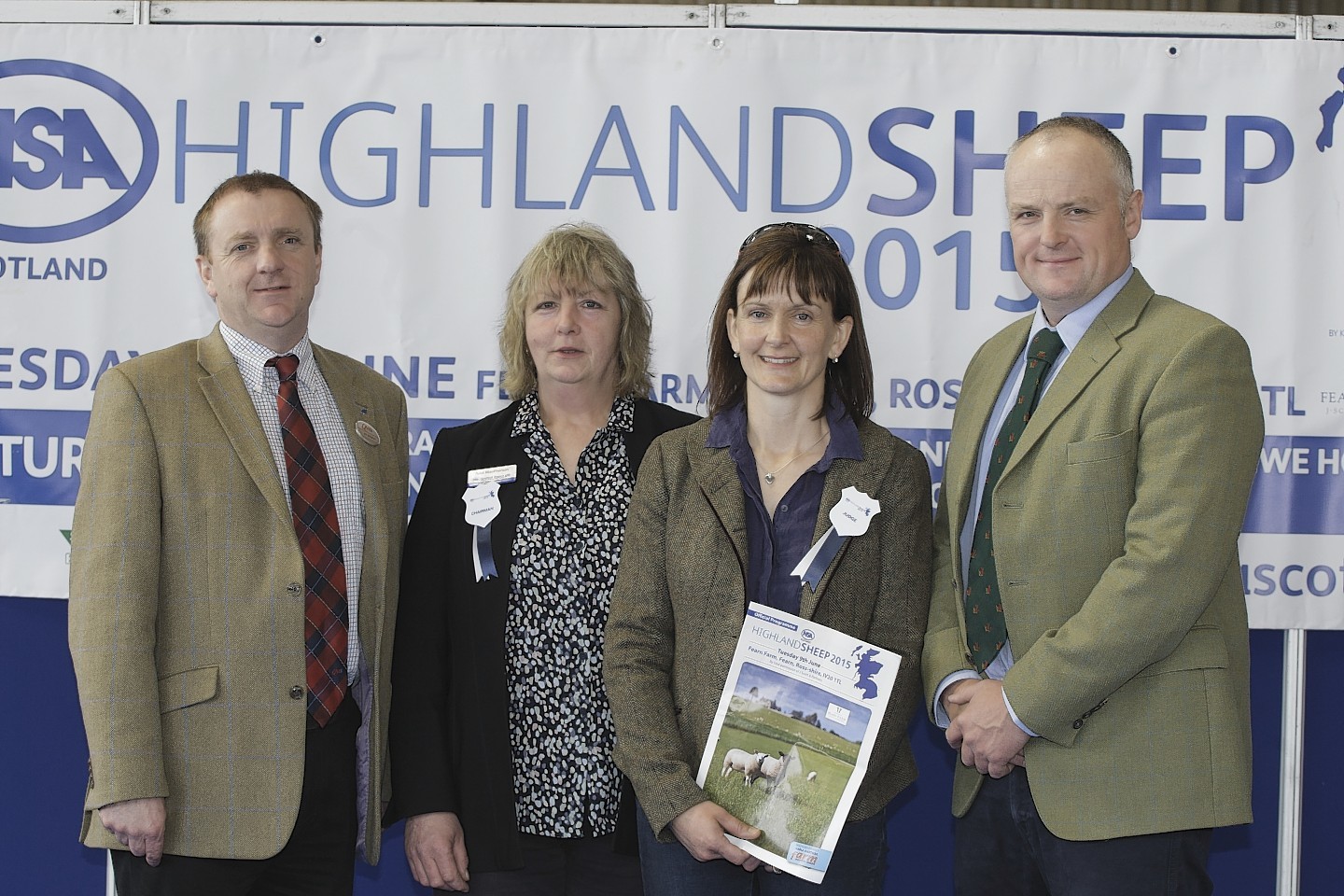Sheep farmers have been encouraged to consider setting up contract farming agreements as a means of getting new entrants into the sector.
According to agri-consultant Andrew Macdonald, of the Laurence Gould Partnership, contract farming agreements are not restricted to the arable sector and their use in livestock enterprises could be beneficial for both the farmer and contractor.
“Contract farming is not a tenancy in disguise; it’s freedom of contract and it’s very flexible to be set up to suit you and your farm,” said Mr Macdonald yesterday at the Highland Sheep event at Fearn Farm, near Tain.
He said the farmer would occupy the land and provide the finances for the business for capital and trading expenses.
The contractor would then provide labour and management on a day-to-day basis, and in some cases provide machinery as well.
“The contractor is paid out of trading expenditure, usually somewhere between £15 and £25 a ewe,” added Mr Macdonald.
“The first return for the farmer for his input into the business – land, livestock and financing of the business – is also between £15 and £25 a ewe.”
Any surplus leftover would then be split between the contractor and farmer at agreed percentages.
For new entrants, said Mr Macdonald, contract farming offered a pathway into the sector.
“Realistically it’s (contract farming arrangements) more likely to be available in the next few years than a formal tenancy,” he added.
Cap reform and land reform were leading to less land being let by landowners.
Contract farming benefits to farmers included freeing up time to manage the rest of the business and maintaining the active farmer status, said Mr Macdonald.
Bringing the next generation into the sector was a theme repeated throughout yesterday’s event.
During his opening address, Quality Meat Scotland chairman Jim McLaren said: “Livestock has long been the route into farming. It’s important that we remember the value played by sheep production in retaining jobs in some of the more remote parts of our country.”
He urged everyone in the sector to rally together to promote Scotch Lamb to the public and boost consumption of the end product. “I believe there is a great deal to be positive about for our long-term future. We are all the disciples of Scotch Lamb,” said Mr McLaren.
“We have a great product in Scotch Lamb – natural, delicious and versatile – and we have a world which is increasingly demanding quality red meat so, despite the challenges we inevitably face, there is a great deal to feel positive about for the long-term.”
